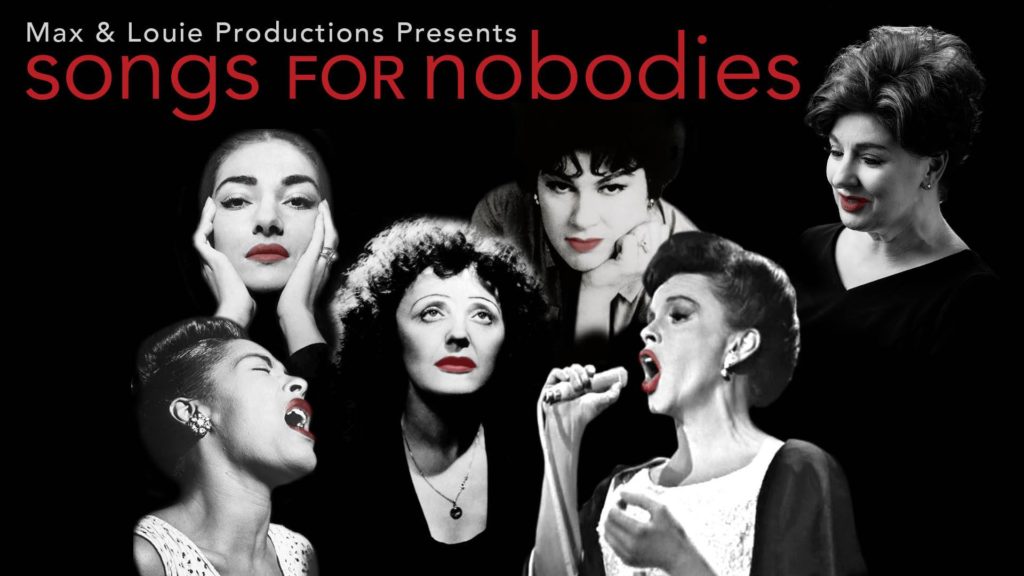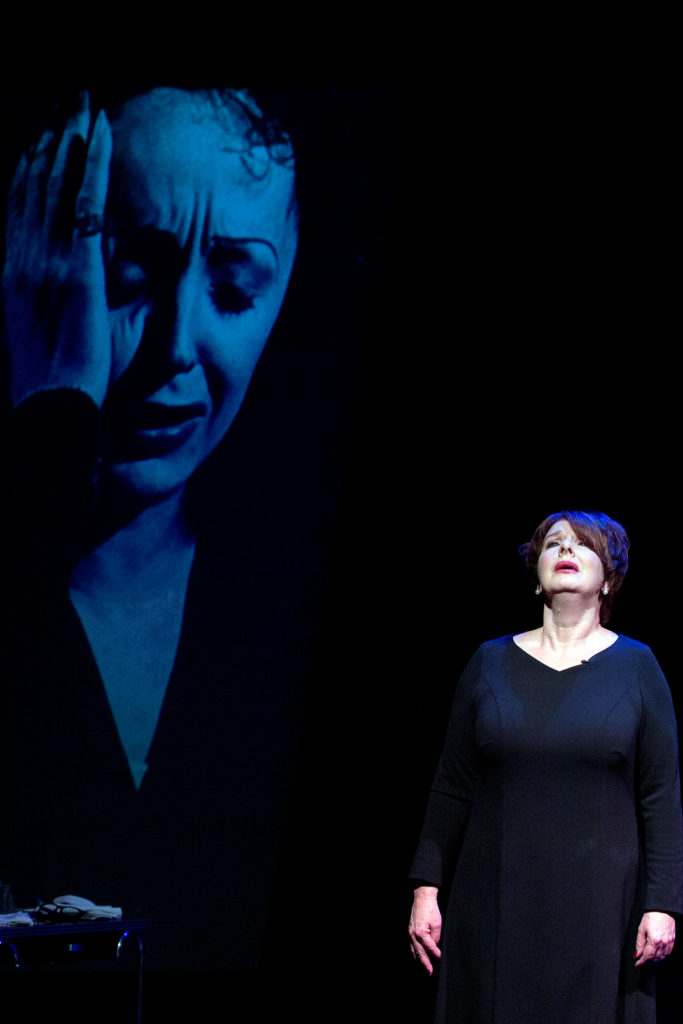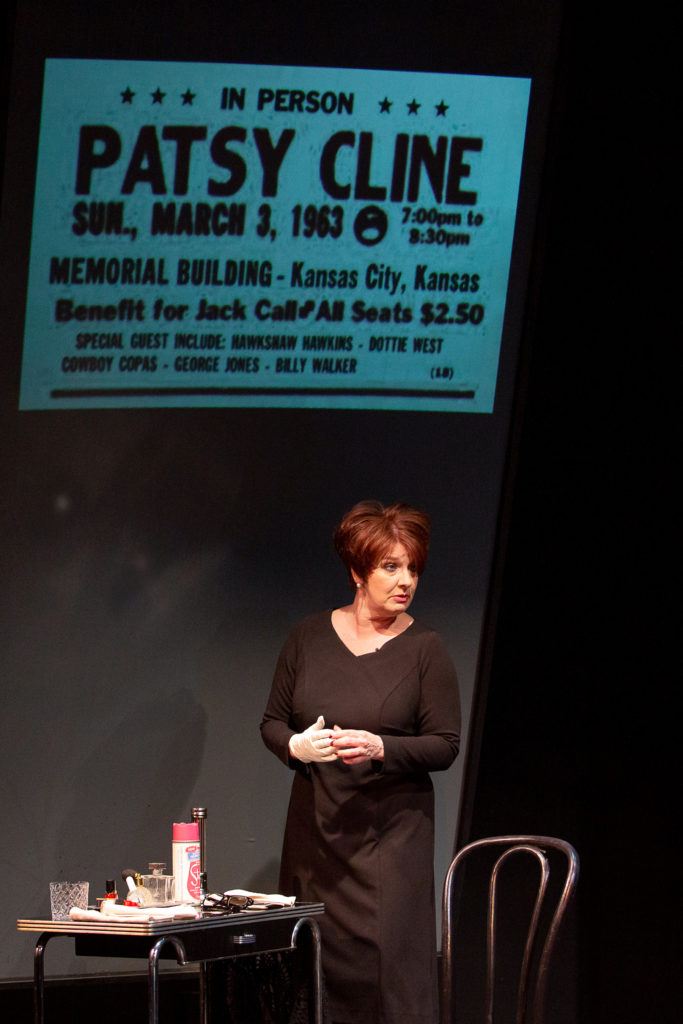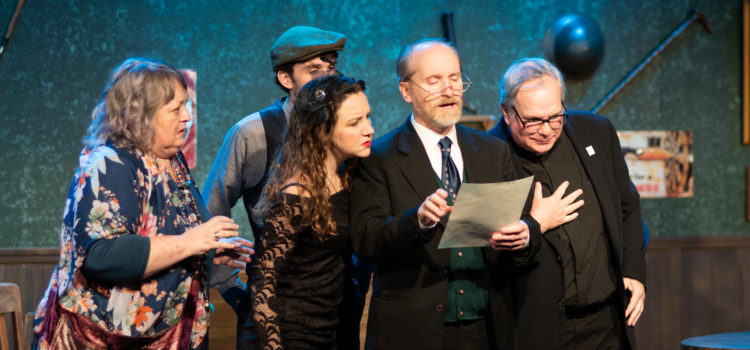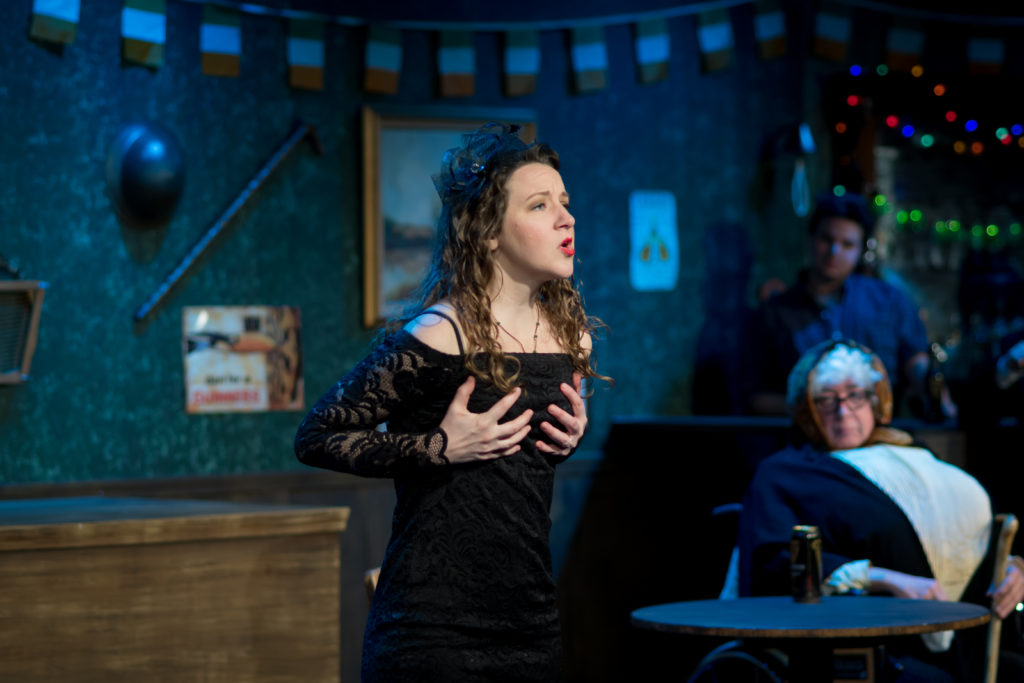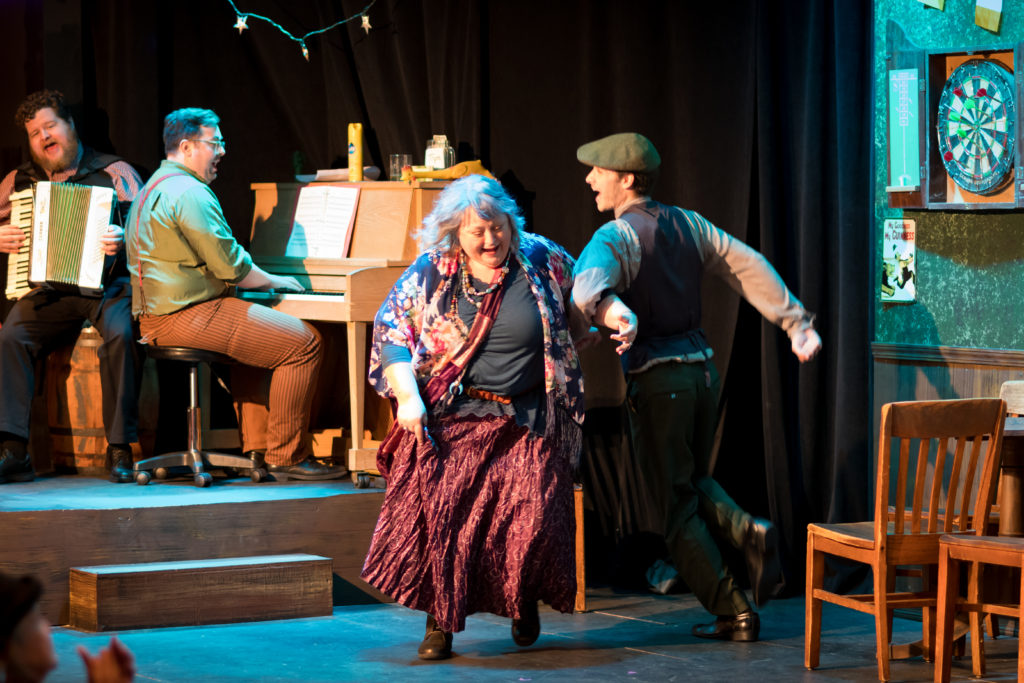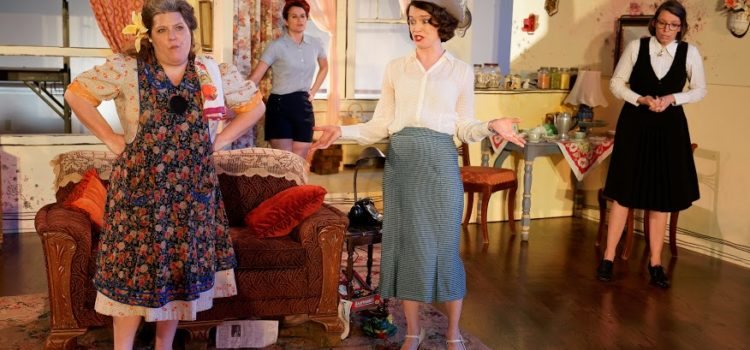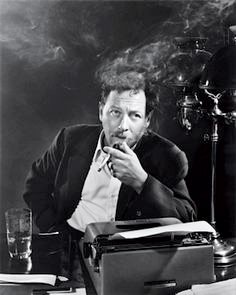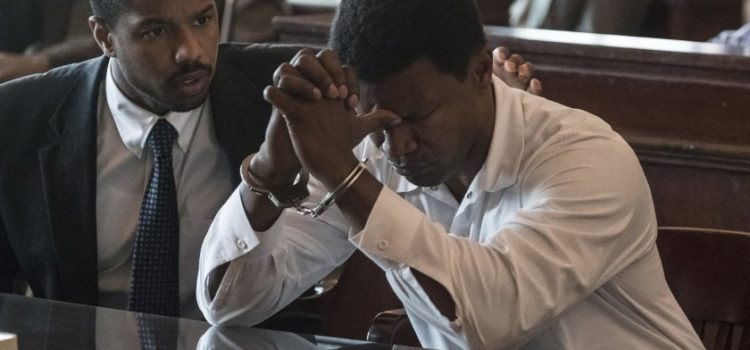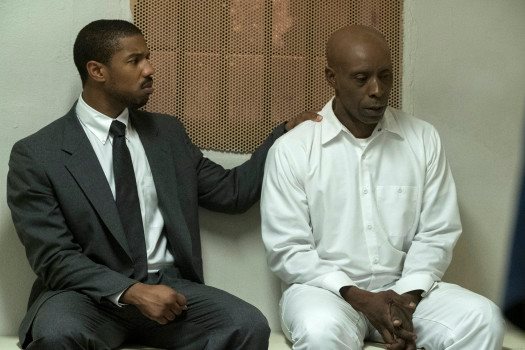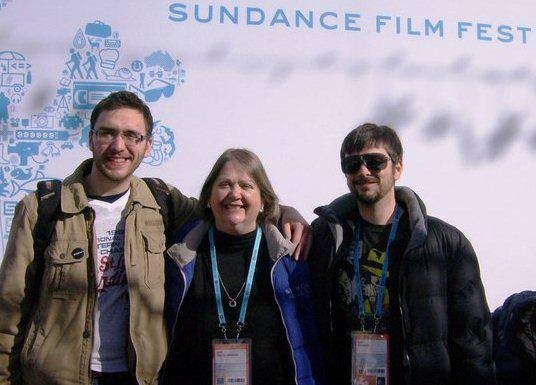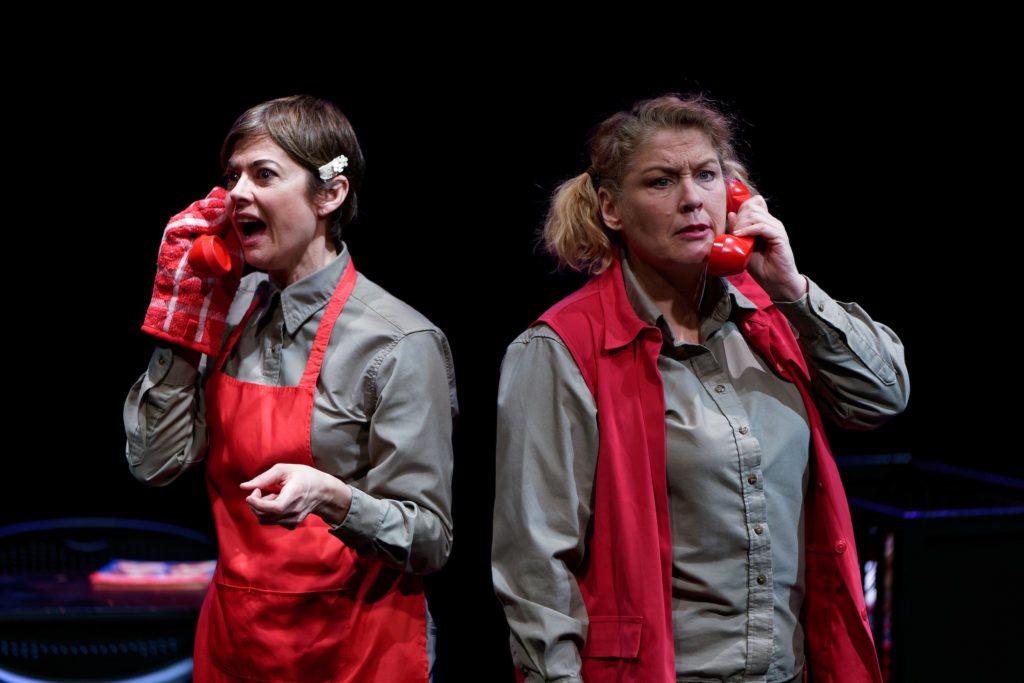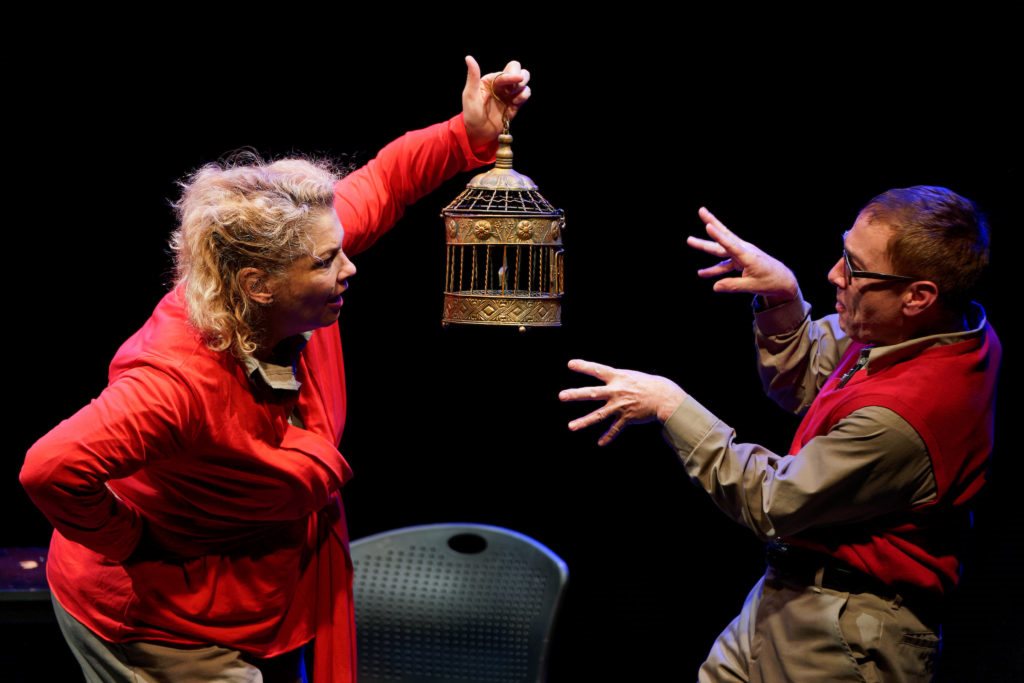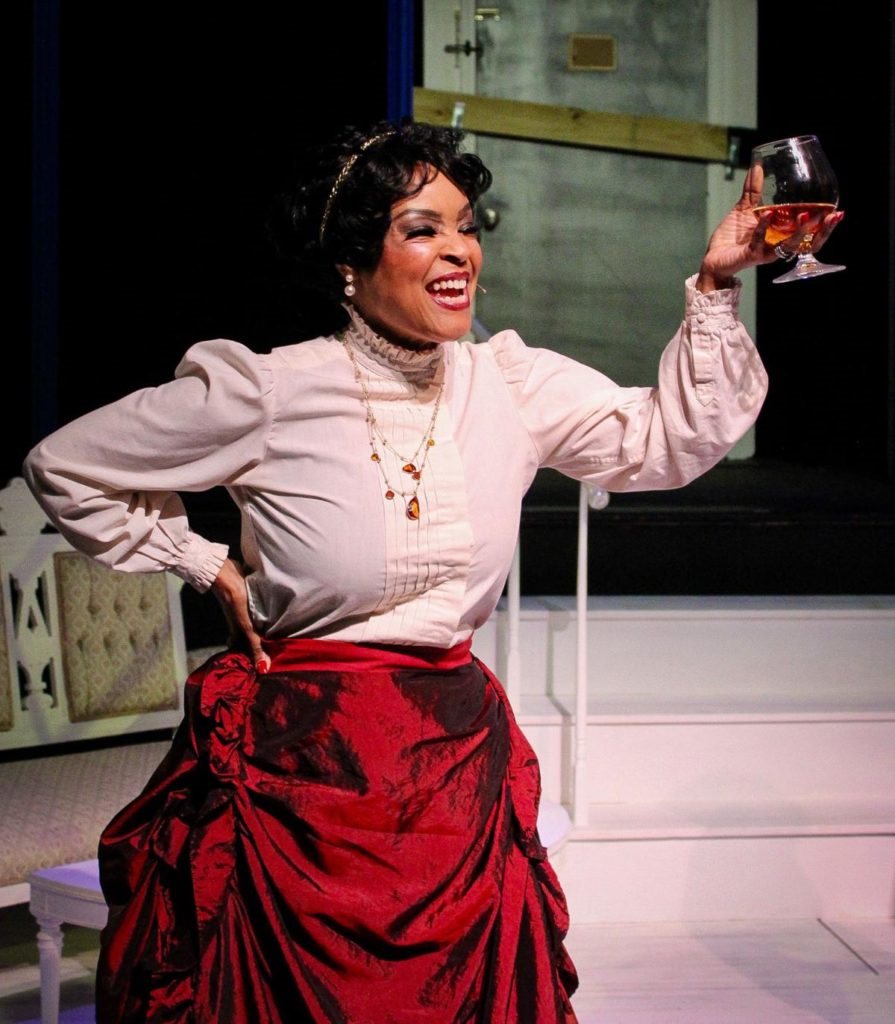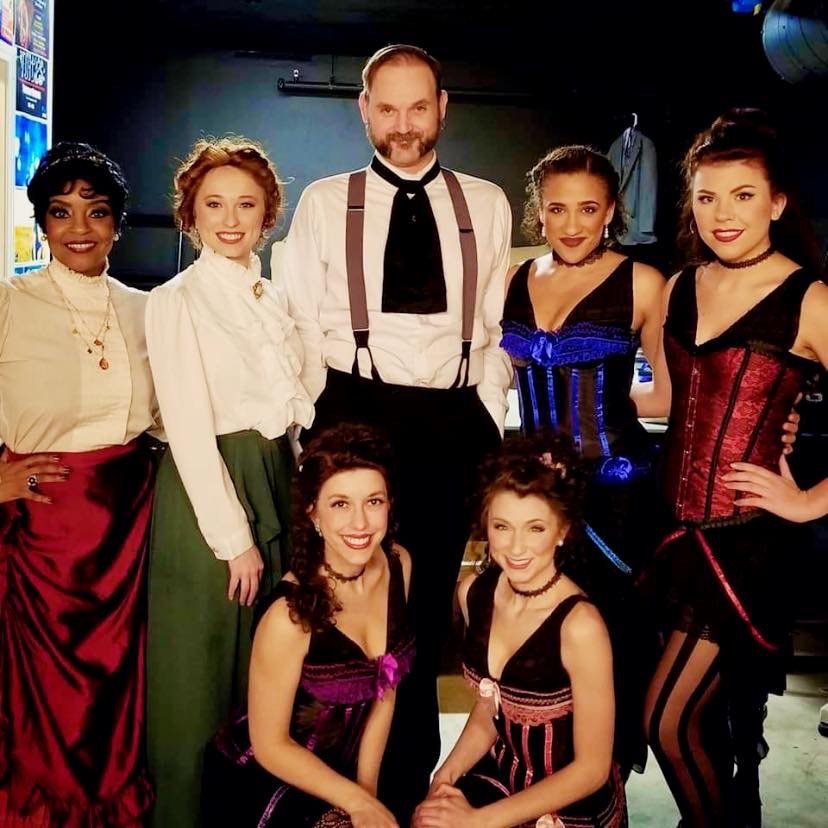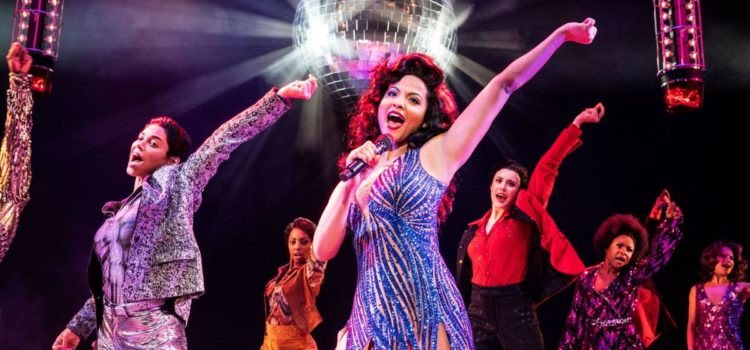“Spell # 7” will be The Black Rep debut of rap artist Tef Poe. Tef Poe has received numerous Hip-Hop awards for his work, and was recently featured as a Harvard Fellow at the W.E.B. DuBois Research institute.
Tef says “This is an opportunity for me to sharpen my skills and work with some of the best talent in this region. The Black Rep is known for reimagining what’s possible in Black entertainment. I knew this would be a challenge for me. My background obviously isn’t rooted in theatre. But the hip hop world has a few commonalities so I’m able to play into my strengths with this character. I’m honored to be a part of this production. My respect for my cast mates and our director is insurmountable.”
“Spell # 7” will also feature Drummond Crenshaw, Robert Crenshaw, and Jacqueline Thompson as well as four of our Professional Acting Interns: Brian McKinley, Tyler White, Christina Yancy, and Camille Sharp.
“Spell # 7” is a striking choreopeom by the author of “for colored girls who have considered suicide when the rainbow is enuf”, Ntozake Shange. Set in a bar in St Louis frequented by Black artists and musicians, actors, and performers. In a series of dreamlike vignettes and poetic monologues, they commiserate about the difficulties they face as Black artists. The piece is framed by the narrator, Lou (played by Brian McKinley), a magician who wants to use his magic to help the artists come to terms with their Blackness and rejoice in their identities.
“Spell # 7” is the second production supported by the Sophisticated Ladies Giving Initiative. This initiative supported last year’s production of Nina Simone: Four Women by Christina Ham.
This production is also funded with support from the Regional Arts Commission, World Wide Technology, Washington University in St. Louis, Steward Family Foundation, and Centene Corporation. “Spell # 7” is also underwritten in part through a grant from the Creative Impact Fund for Diversifying the Arts – a partnership between the Arts and Education Council and local community leaders.
“Spell # 7” is directed by Ron Himes, with choreography by Heather Beal, scenic design by Dunsi Dai, lighting design by Joe Clapper, costume design by Brandin Vaughn, and sound design by James Biko. Jim Anthony is the stage manager and D’Angelo Himes is the assistant stage manager.
The production will run Feb. 19 – March 8 at the AE Hotchner Studio Theatre on the campus of Washington University. Tickets are available at www.theblackrep.org/, or by calling the box office at 314-534-3807.
###
About The St Louis Black Repertory CompanyThe St Louis Black Repertory Company was founded in 1976 by Producing Director Ron Himes. The Black Rep is one of the largest, professional African-American theatre companies in the nation and the largest African-American performing arts organization in Missouri. Quality professional dramas, comedies and musicals by primarily African-American and international playwrights are produced. Mainstage productions and education programs combine to reach more than 80,000 people annually.



